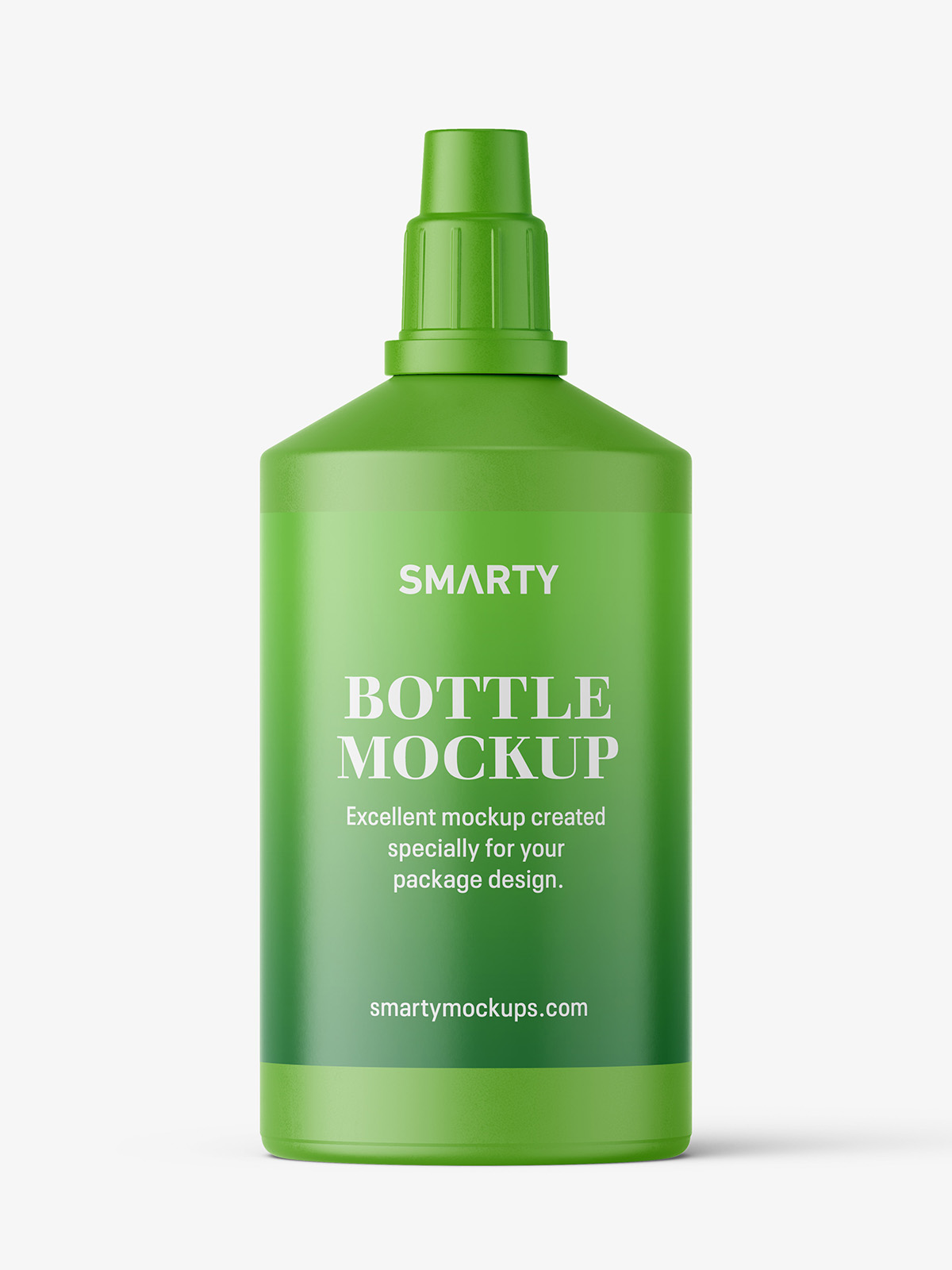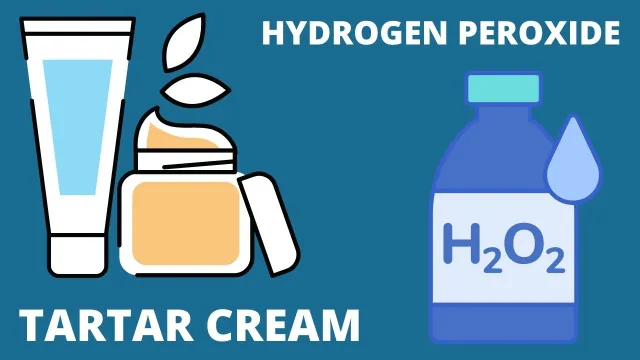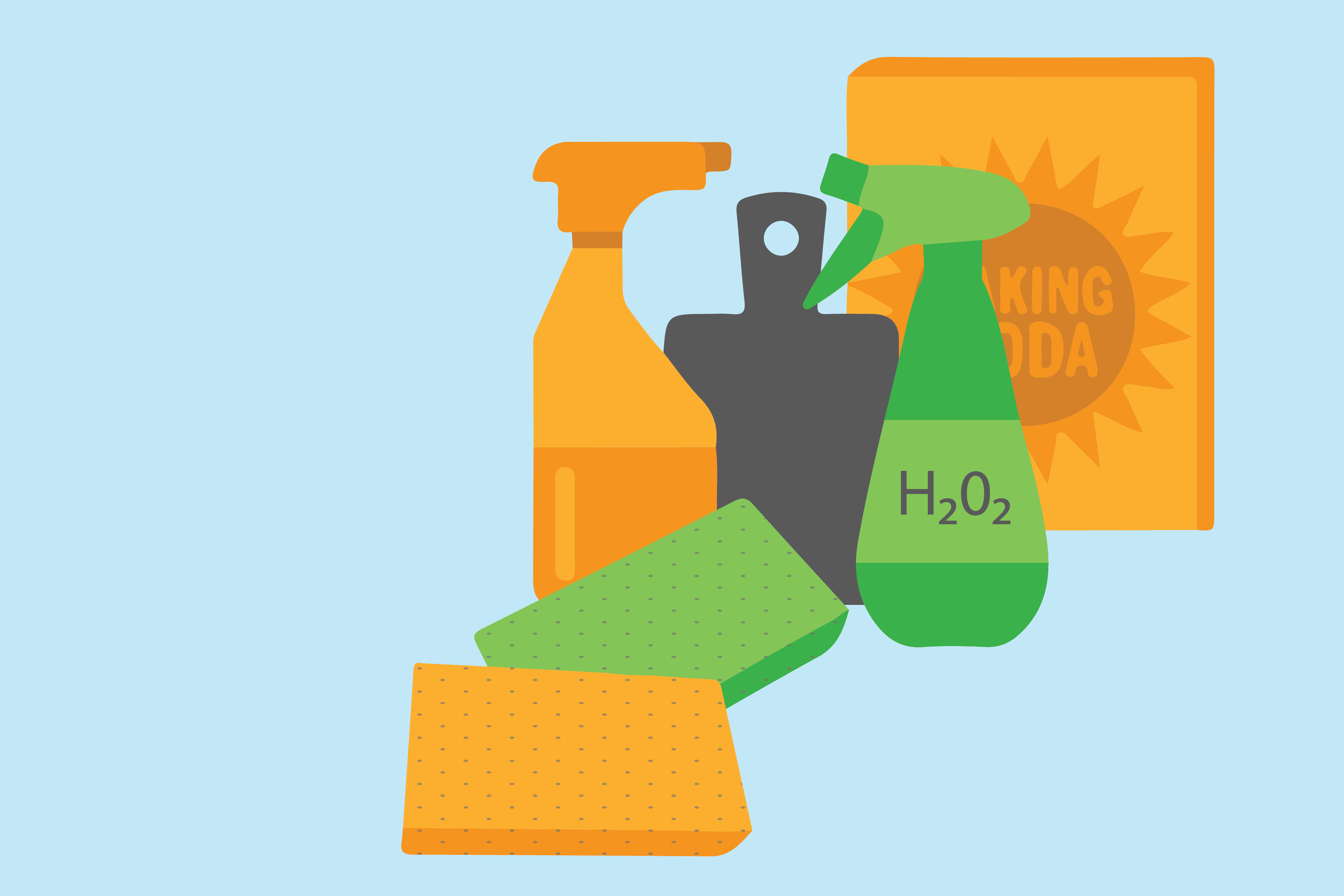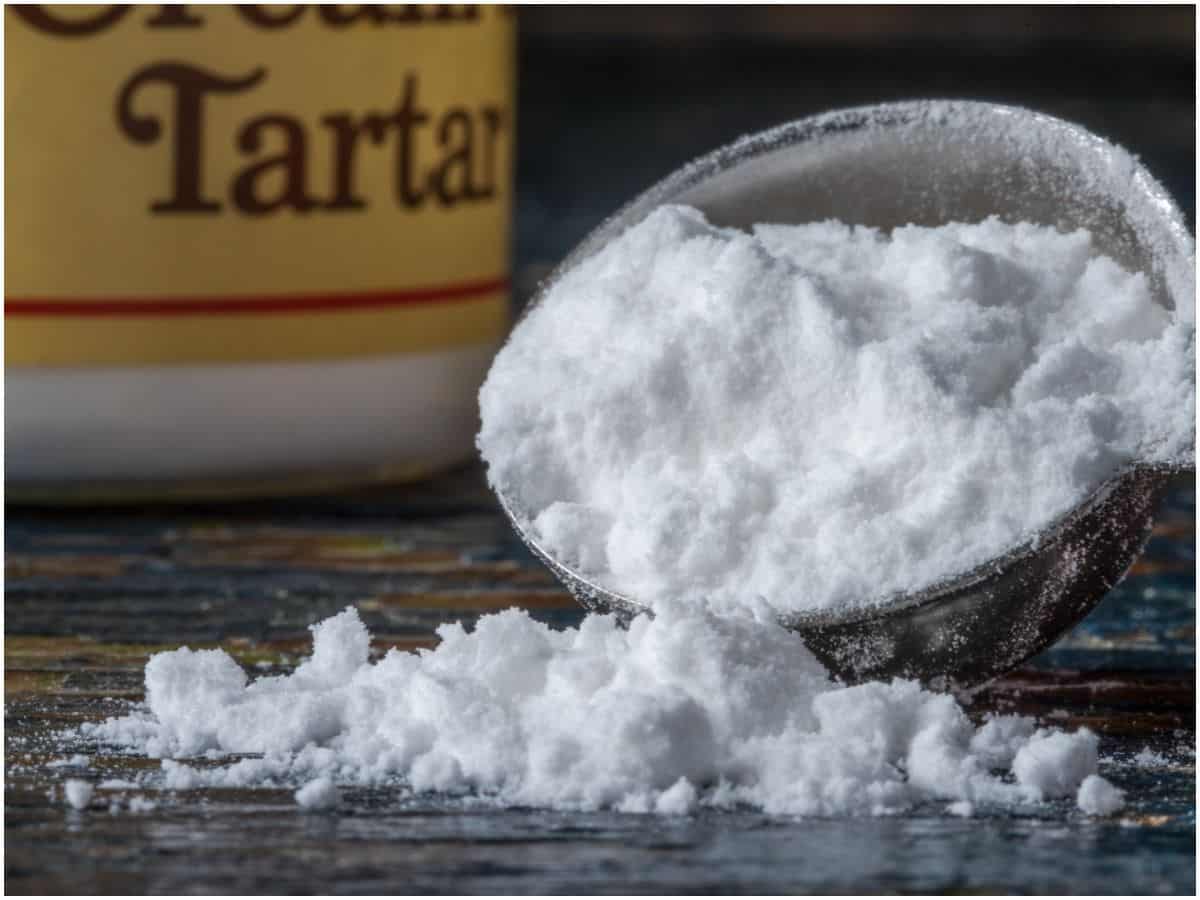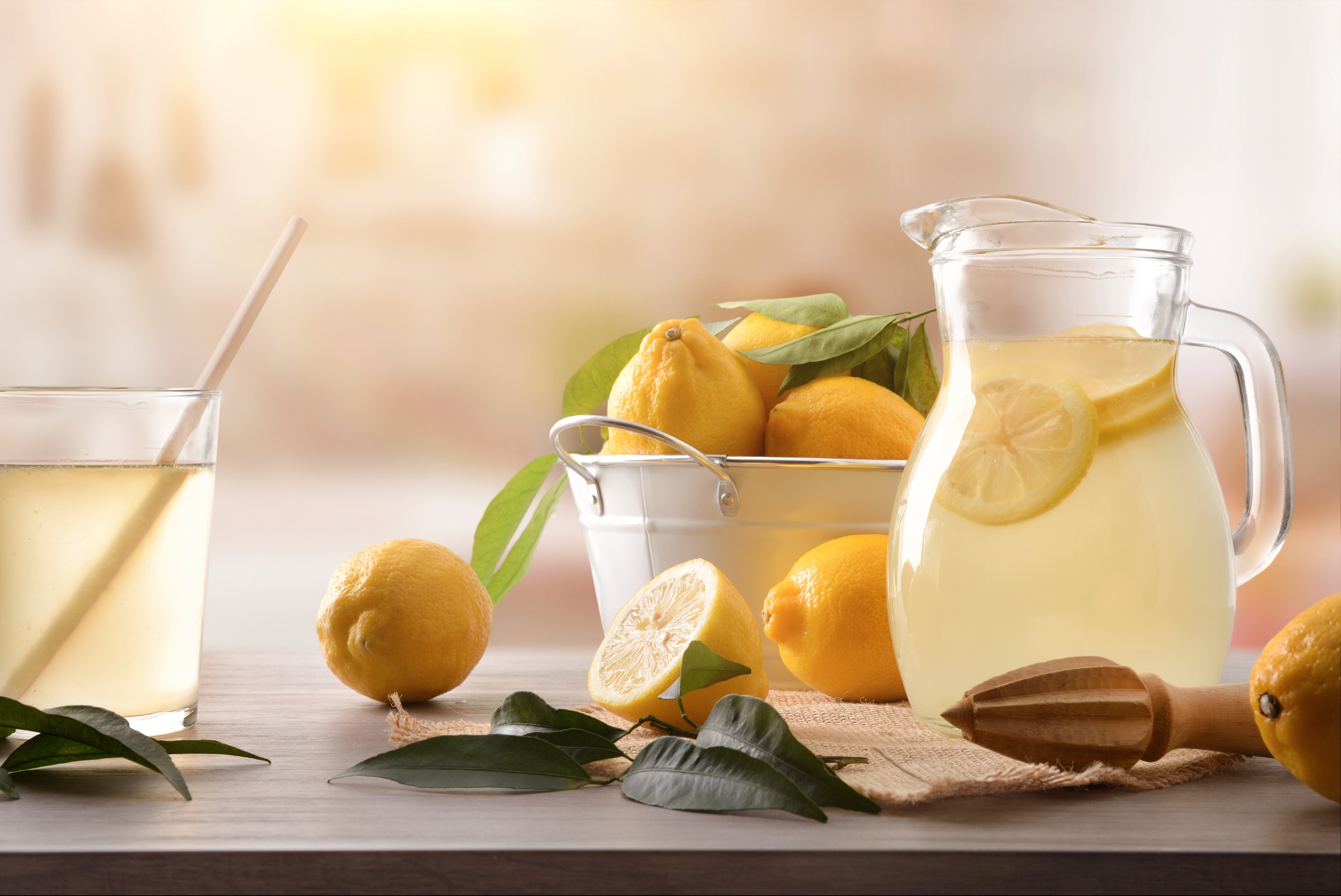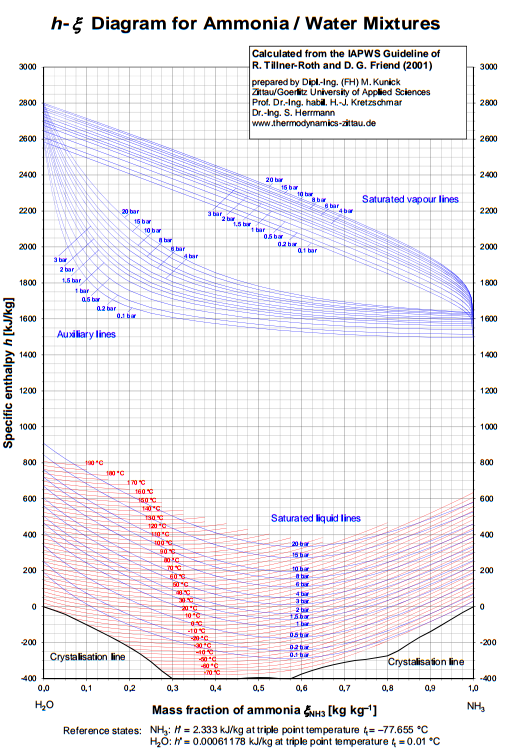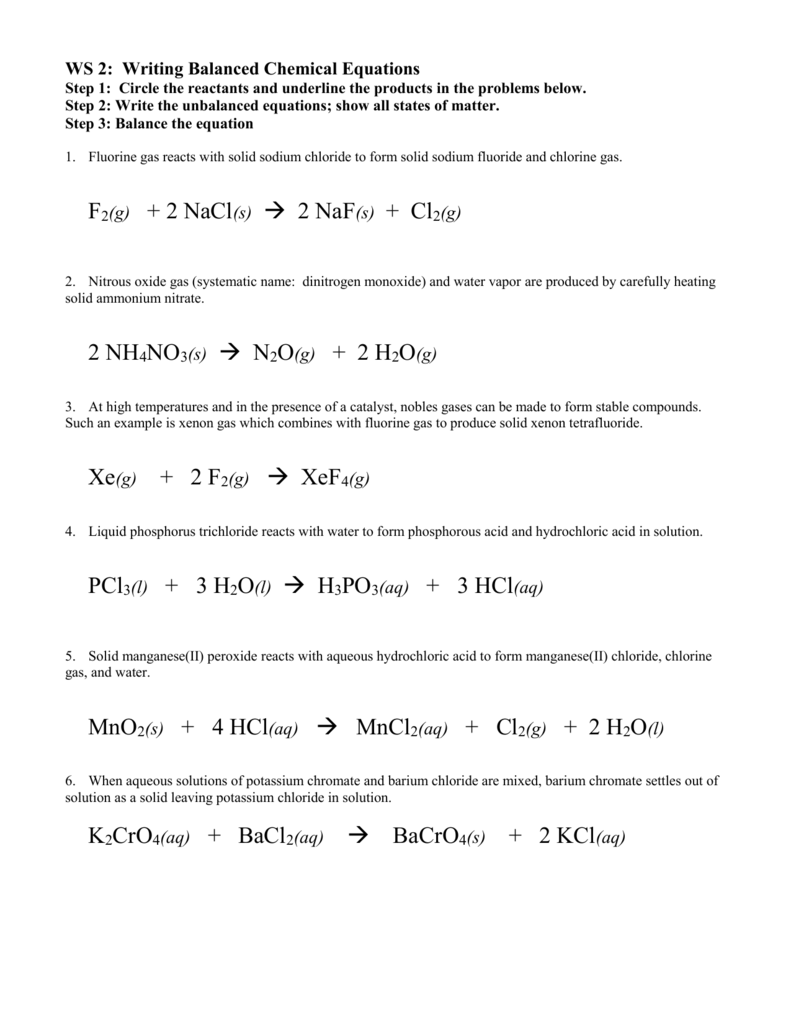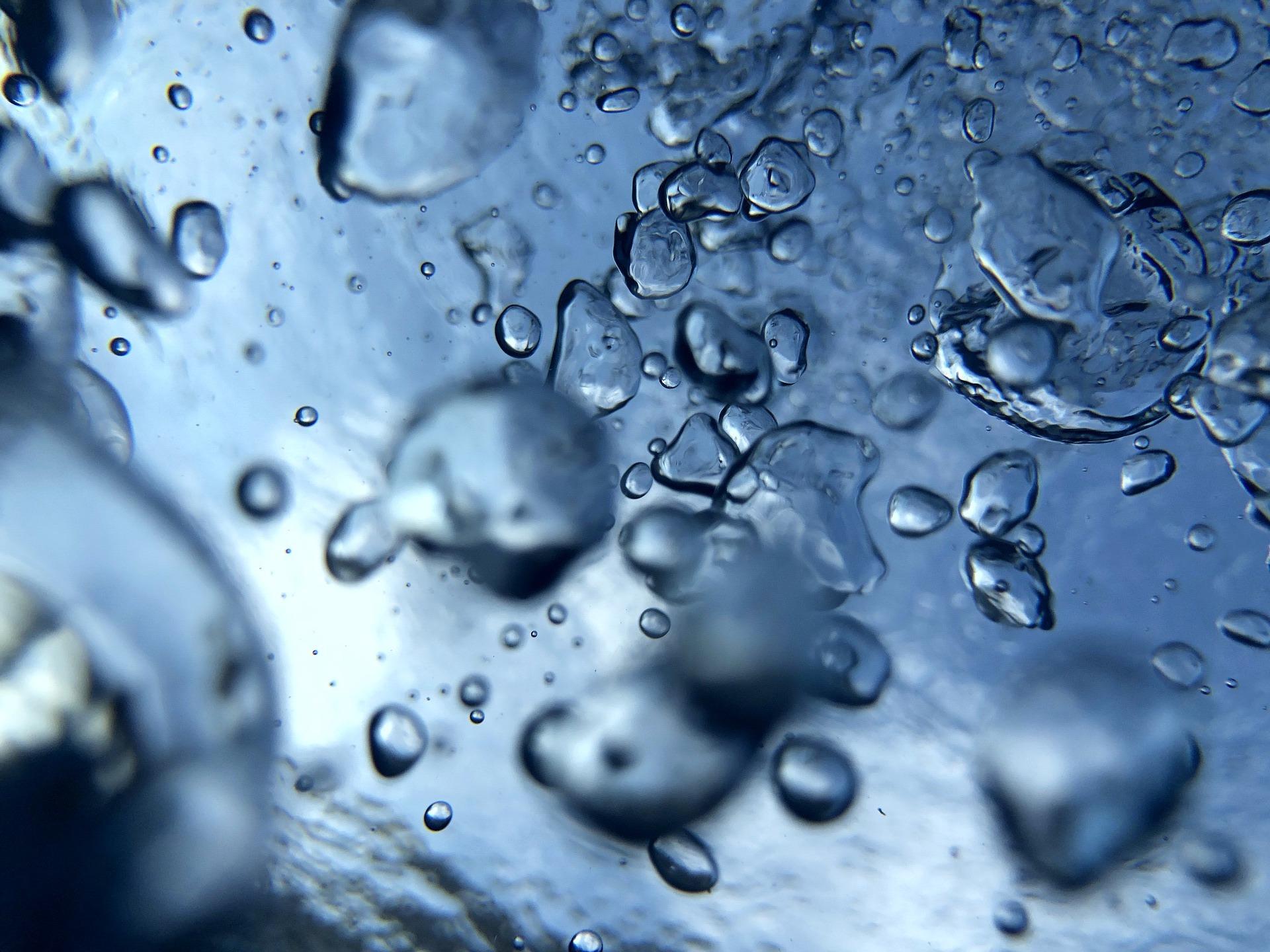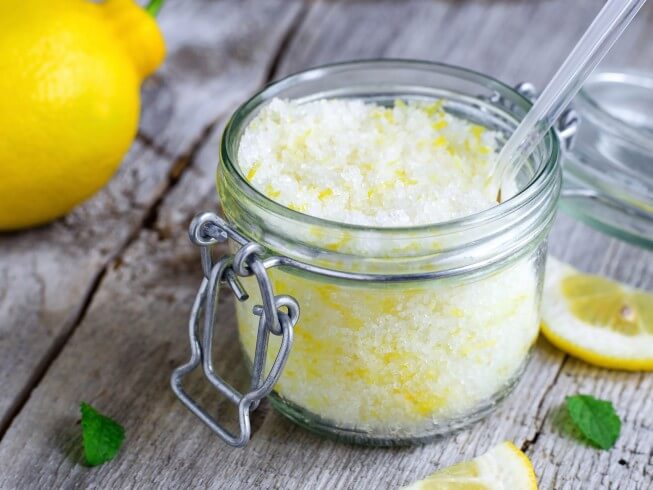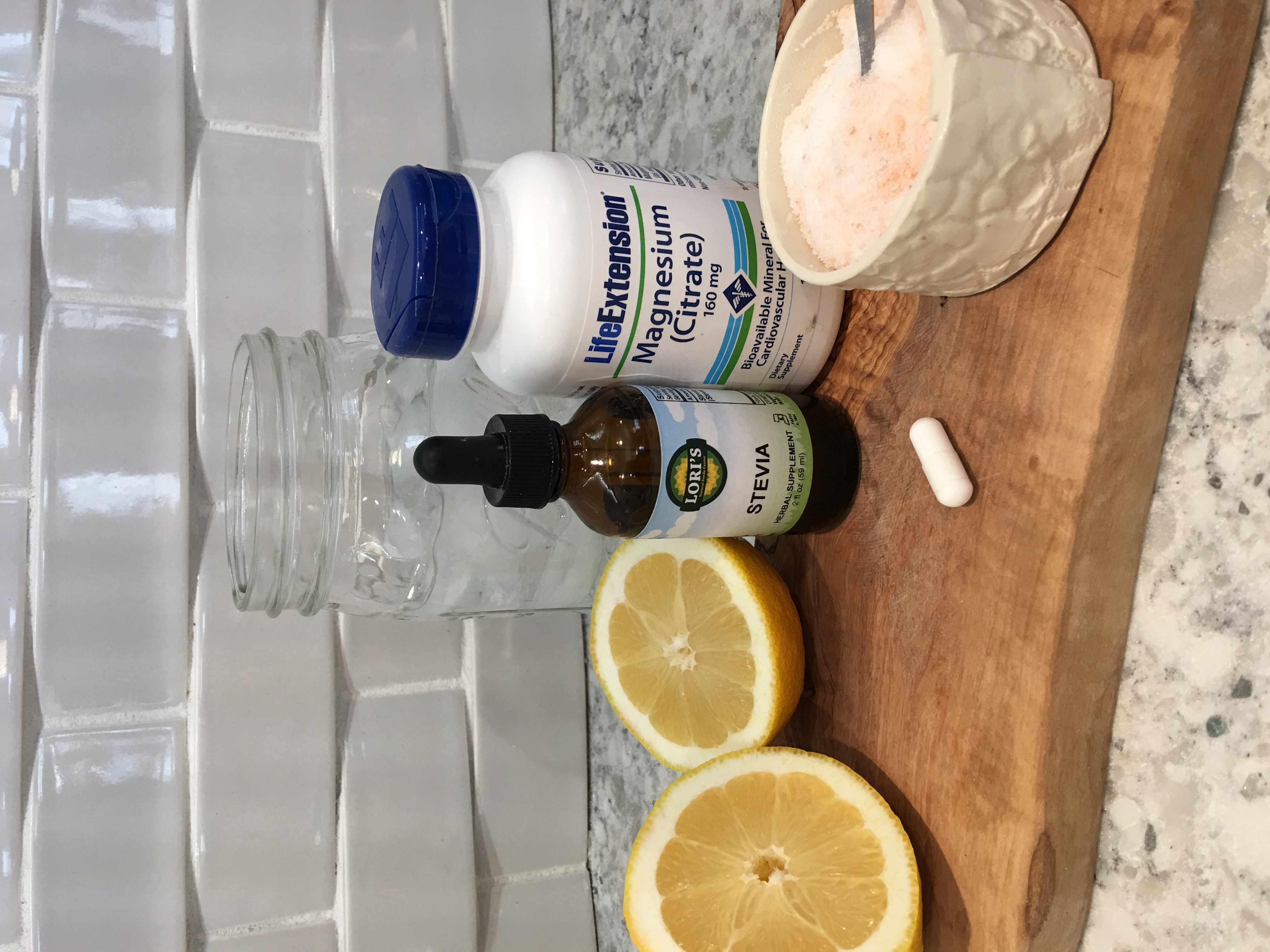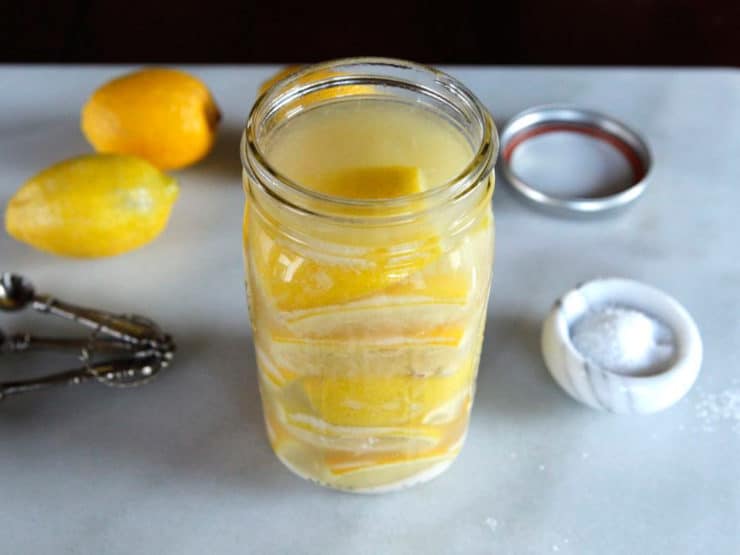1. Baking soda and vinegar
One of the most effective and natural ways to remove stains from your kitchen sink is by using a mixture of baking soda and vinegar. This powerful combination creates a chemical reaction that can break down tough stains and leave your sink sparkling clean.
To use this method, start by sprinkling a generous amount of baking soda over the stained area of your sink. Then, pour a cup of white vinegar over the baking soda and let it sit for a few minutes. You will see the mixture start to fizz and bubble as it works to loosen and dissolve the stains.
After about 10 minutes, use a scrub brush or sponge to gently scrub the sink, focusing on the areas with the most stains. Rinse the sink with warm water and dry it with a clean cloth. Your sink should be free of stains and looking like new again.
2. Lemon juice and salt
Lemons are not just for making lemonade, they are also great for removing stains from your kitchen sink. The acidity in lemon juice acts as a natural cleaner and the salt acts as an abrasive to scrub away tough stains.
To use this method, cut a lemon in half and sprinkle a generous amount of salt on the cut side. Use the lemon as a scrubber to rub the salt and juice onto the stained areas of your sink. Let it sit for a few minutes before rinsing with warm water and drying with a clean cloth.
The combination of lemon juice and salt can help to remove even the toughest stains, leaving your sink smelling fresh and looking spotless.
3. Hydrogen peroxide and baking soda
Another powerful combination for removing stains from your kitchen sink is hydrogen peroxide and baking soda. Hydrogen peroxide is a natural bleaching agent that can help to lift and remove stains, while baking soda acts as a gentle abrasive to scrub them away.
To use this method, mix equal parts of hydrogen peroxide and baking soda to create a paste. Apply the paste to the stained areas of your sink and let it sit for about 10 minutes. Then, use a scrub brush or sponge to gently scrub the sink before rinsing with warm water. Dry with a clean cloth and your sink should be stain-free.
4. White vinegar and dish soap
If you don't have baking soda on hand, you can still use white vinegar as a powerful stain remover for your kitchen sink. This method involves mixing vinegar with a small amount of dish soap, which helps to break down grease and grime in your sink.
Mix equal parts of white vinegar and dish soap in a spray bottle and shake well. Spray the mixture onto the stained areas of your sink and let it sit for about 15 minutes. Then, use a scrub brush or sponge to gently scrub the sink before rinsing with warm water and drying with a clean cloth.
This method is not only effective in removing stains, but it also helps to disinfect and deodorize your sink.
5. Toothpaste and baking soda
If you have stubborn stains in your kitchen sink, you may want to try using toothpaste to remove them. Toothpaste contains mild abrasives that can help to scrub away stains without damaging your sink.
To use this method, simply apply a small amount of toothpaste to the stained areas and use a scrub brush or sponge to gently scrub. You can also mix the toothpaste with a small amount of baking soda for an extra-strength stain remover. Rinse with warm water and dry with a clean cloth.
6. Bleach and water
Bleach is a powerful cleaning agent that can help to remove tough stains from your kitchen sink. However, it is important to use it carefully and in a well-ventilated area to avoid any potential hazards.
To use this method, mix a small amount of bleach with water and apply it to the stained areas of your sink. Let it sit for a few minutes before scrubbing with a brush or sponge. Rinse thoroughly with warm water and dry with a clean cloth.
Be sure to use caution and follow the instructions on the bleach bottle carefully to avoid any damage to your sink or yourself.
7. Cream of tartar and hydrogen peroxide
If you have stubborn rust stains in your kitchen sink, a mixture of cream of tartar and hydrogen peroxide can help to remove them. Cream of tartar is a natural acid that can help to break down rust, while hydrogen peroxide acts as a bleaching agent to help lift the stains.
To use this method, mix equal parts of cream of tartar and hydrogen peroxide to create a paste. Apply the paste to the rust stains and let it sit for about 30 minutes. Then, use a scrub brush or sponge to gently scrub the stains before rinsing with warm water and drying with a clean cloth.
8. Borax and lemon juice
Borax is a natural cleaning agent that can also be used to remove stains from your kitchen sink. When combined with lemon juice, it creates a powerful stain-fighting solution that can remove even the toughest stains.
Mix equal parts of borax and lemon juice to create a paste and apply it to the stained areas of your sink. Let it sit for about 15 minutes before scrubbing with a brush or sponge. Rinse with warm water and dry with a clean cloth.
This method is not only effective in removing stains, but it also helps to disinfect and deodorize your sink.
9. Ammonia and water
Ammonia is another powerful cleaning agent that can help to remove stubborn stains from your kitchen sink. However, it is important to use it carefully and in a well-ventilated area to avoid any potential hazards.
To use this method, mix equal parts of ammonia and water and apply it to the stained areas of your sink. Let it sit for about 15 minutes before scrubbing with a brush or sponge. Rinse thoroughly with warm water and dry with a clean cloth.
Be sure to use caution and follow the instructions on the ammonia bottle carefully to avoid any damage to your sink or yourself.
10. Salt and lemon juice
For a quick and natural stain remover for your kitchen sink, you can use a mixture of salt and lemon juice. The acidity in the lemon juice helps to break down stains, while the salt acts as a gentle abrasive to scrub them away.
Mix equal parts of salt and lemon juice to create a paste and apply it to the stained areas of your sink. Let it sit for a few minutes before scrubbing with a brush or sponge. Rinse with warm water and dry with a clean cloth.
This method is not only effective in removing stains, but it also helps to freshen up your sink with a lemony scent.
In conclusion, there are many natural and effective ways to remove stains from your kitchen sink using common household ingredients. By using these methods regularly, you can keep your sink looking clean and shiny without the use of harsh chemicals. Remember to always follow safety precautions and test a small area first before using any of these methods on your entire sink.
How to Effectively Remove Stains from Your Kitchen Sink

Introduction
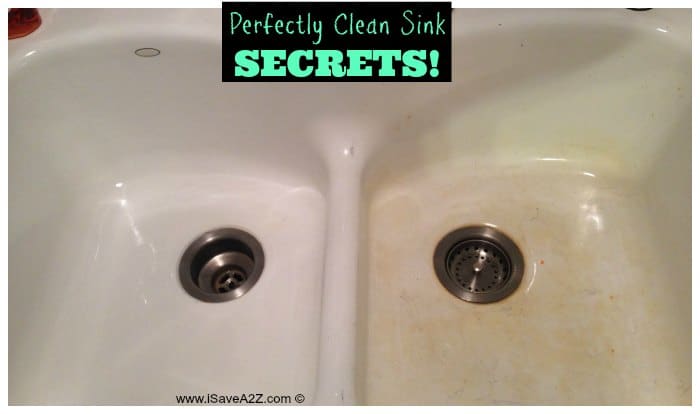 Keeping your kitchen clean and organized is crucial not only for aesthetic purposes but also for maintaining a healthy living environment. However, no matter how much we try to keep our kitchen pristine, stains can still manage to find their way onto our kitchen sinks. Whether it's from food, drinks, or cleaning products, stains can be a nuisance to deal with. But fear not, as there are simple and effective ways to remove stains from your kitchen sink.
Keeping your kitchen clean and organized is crucial not only for aesthetic purposes but also for maintaining a healthy living environment. However, no matter how much we try to keep our kitchen pristine, stains can still manage to find their way onto our kitchen sinks. Whether it's from food, drinks, or cleaning products, stains can be a nuisance to deal with. But fear not, as there are simple and effective ways to remove stains from your kitchen sink.
The Importance of Removing Stains
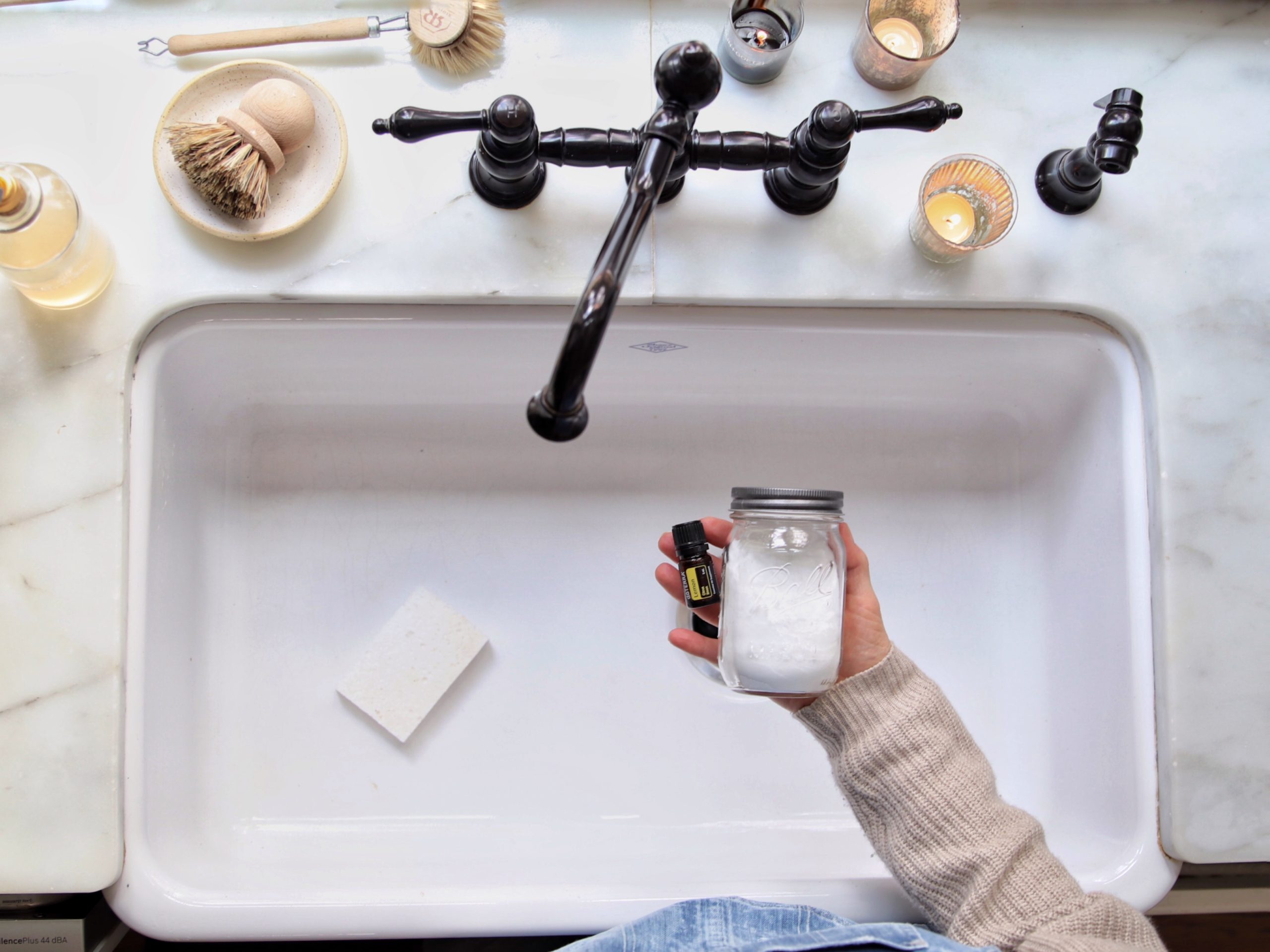 Aside from the obvious reason of wanting a clean and visually appealing kitchen, there are other important reasons why you should make an effort to remove stains from your kitchen sink. First, stains can harbor bacteria and germs, making your sink a breeding ground for potential illnesses. Second, stains can also cause your sink to deteriorate over time, especially if they are left untreated for a long period.
Aside from the obvious reason of wanting a clean and visually appealing kitchen, there are other important reasons why you should make an effort to remove stains from your kitchen sink. First, stains can harbor bacteria and germs, making your sink a breeding ground for potential illnesses. Second, stains can also cause your sink to deteriorate over time, especially if they are left untreated for a long period.
The Best Methods for Removing Stains
 Now that we understand the importance of removing stains, let's dive into the best methods for effectively getting rid of them.
Baking soda
and
white vinegar
are two powerful ingredients that can be found in almost every household and are known for their stain-removing abilities. Simply mix equal parts of baking soda and white vinegar to create a paste, then apply it onto the stained area and let it sit for 15-20 minutes before scrubbing and rinsing with water.
Now that we understand the importance of removing stains, let's dive into the best methods for effectively getting rid of them.
Baking soda
and
white vinegar
are two powerful ingredients that can be found in almost every household and are known for their stain-removing abilities. Simply mix equal parts of baking soda and white vinegar to create a paste, then apply it onto the stained area and let it sit for 15-20 minutes before scrubbing and rinsing with water.
Another Effective Method
 For tougher stains,
lemon juice
and
salt
can do wonders. Cut a lemon in half and sprinkle salt onto one of the halves. Use the lemon to scrub the stained area, adding more salt as needed. The citric acid in the lemon and the abrasive texture of the salt will help break down and lift the stains.
Bleach
is also a powerful stain remover, but be cautious when using it as it can cause damage to certain materials.
For tougher stains,
lemon juice
and
salt
can do wonders. Cut a lemon in half and sprinkle salt onto one of the halves. Use the lemon to scrub the stained area, adding more salt as needed. The citric acid in the lemon and the abrasive texture of the salt will help break down and lift the stains.
Bleach
is also a powerful stain remover, but be cautious when using it as it can cause damage to certain materials.
Prevention is Key
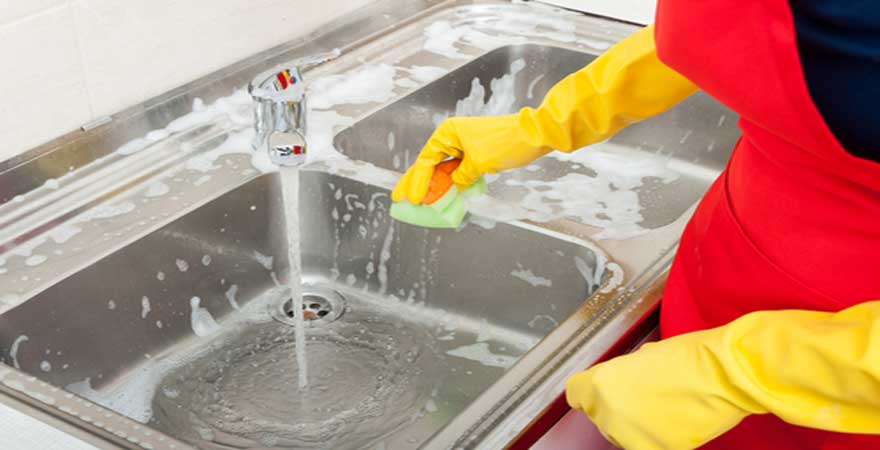 As the saying goes, prevention is better than cure. To avoid dealing with stubborn stains in the first place, make sure to rinse your sink after each use and dry it with a clean cloth. Regularly cleaning your sink with a mild cleaner can also help prevent the buildup of stains. Additionally, using a
protective sink mat
can also help keep your sink free from scratches and stains caused by heavy pots, pans, and dishes.
As the saying goes, prevention is better than cure. To avoid dealing with stubborn stains in the first place, make sure to rinse your sink after each use and dry it with a clean cloth. Regularly cleaning your sink with a mild cleaner can also help prevent the buildup of stains. Additionally, using a
protective sink mat
can also help keep your sink free from scratches and stains caused by heavy pots, pans, and dishes.
Conclusion
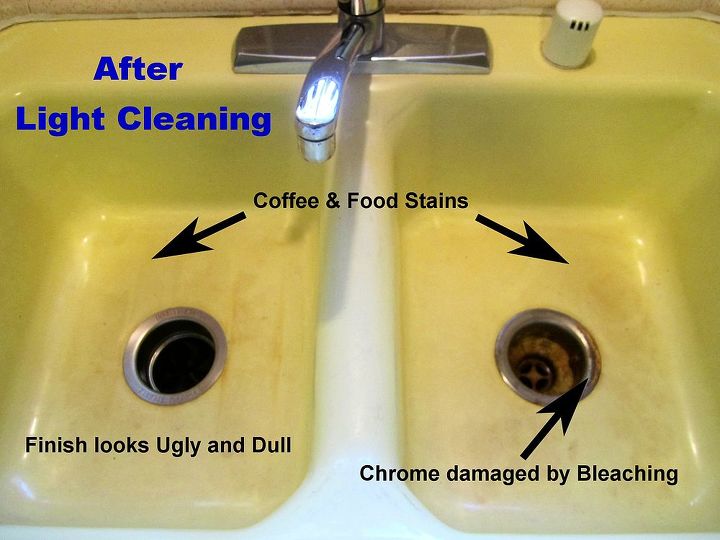 In conclusion, stains on your kitchen sink are not only unsightly but can also pose potential health and structural hazards. With the right methods and preventive measures, you can easily remove and prevent stains from your kitchen sink, keeping your kitchen looking clean and well-maintained. Remember to use natural ingredients and be cautious when using harsh chemicals to avoid any damage. Keep these tips in mind and say goodbye to stubborn stains on your kitchen sink.
In conclusion, stains on your kitchen sink are not only unsightly but can also pose potential health and structural hazards. With the right methods and preventive measures, you can easily remove and prevent stains from your kitchen sink, keeping your kitchen looking clean and well-maintained. Remember to use natural ingredients and be cautious when using harsh chemicals to avoid any damage. Keep these tips in mind and say goodbye to stubborn stains on your kitchen sink.




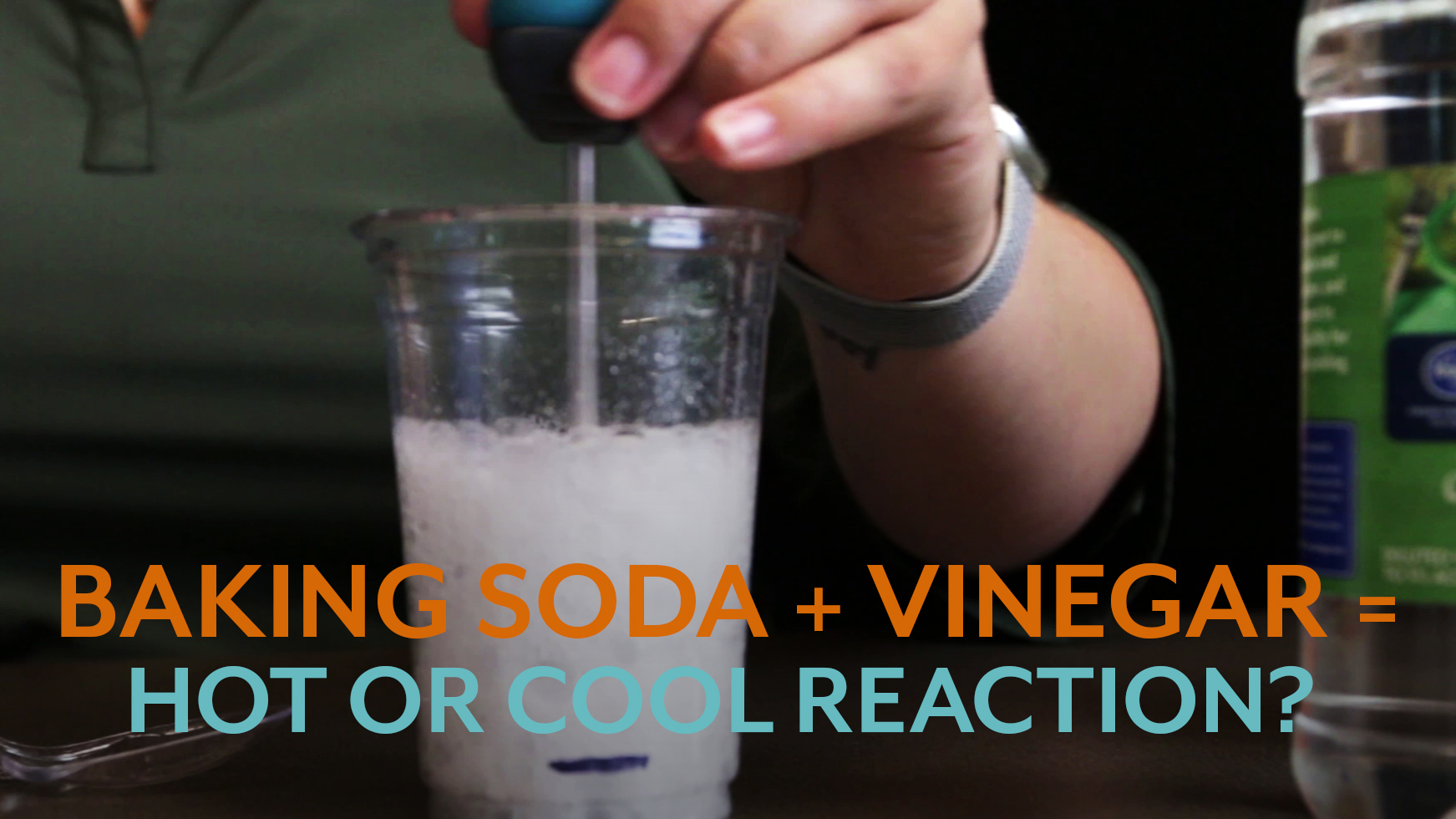

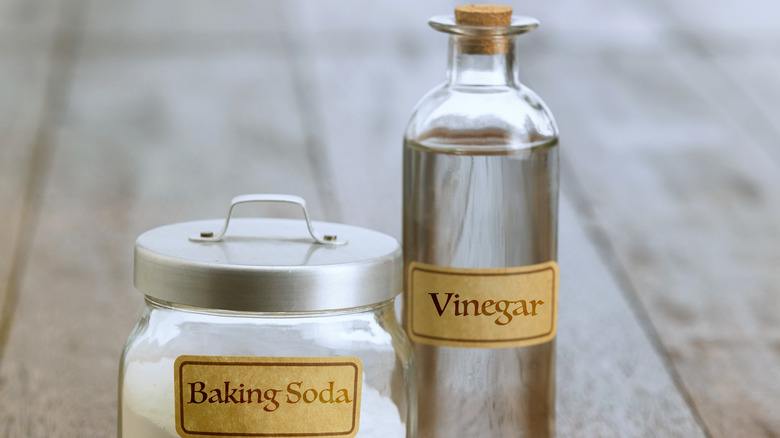
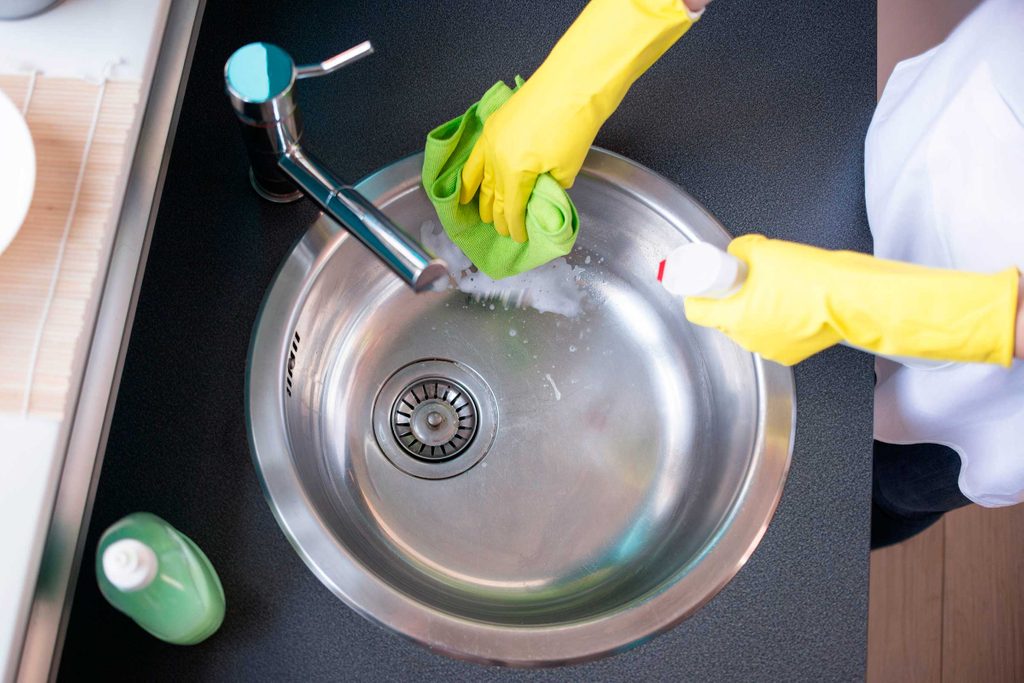


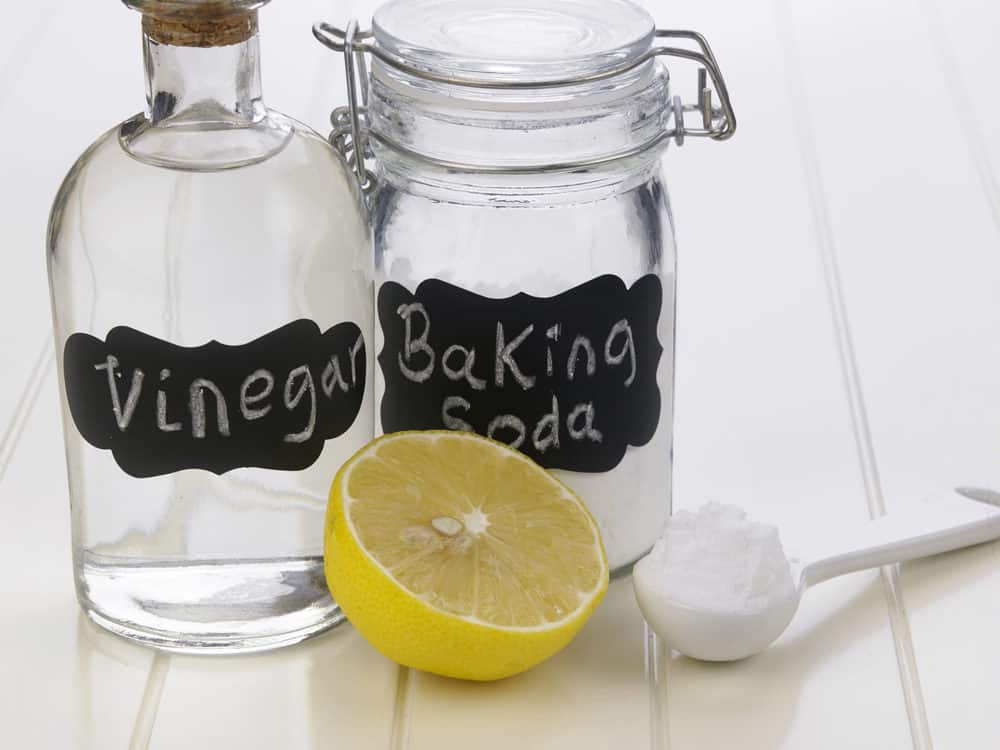
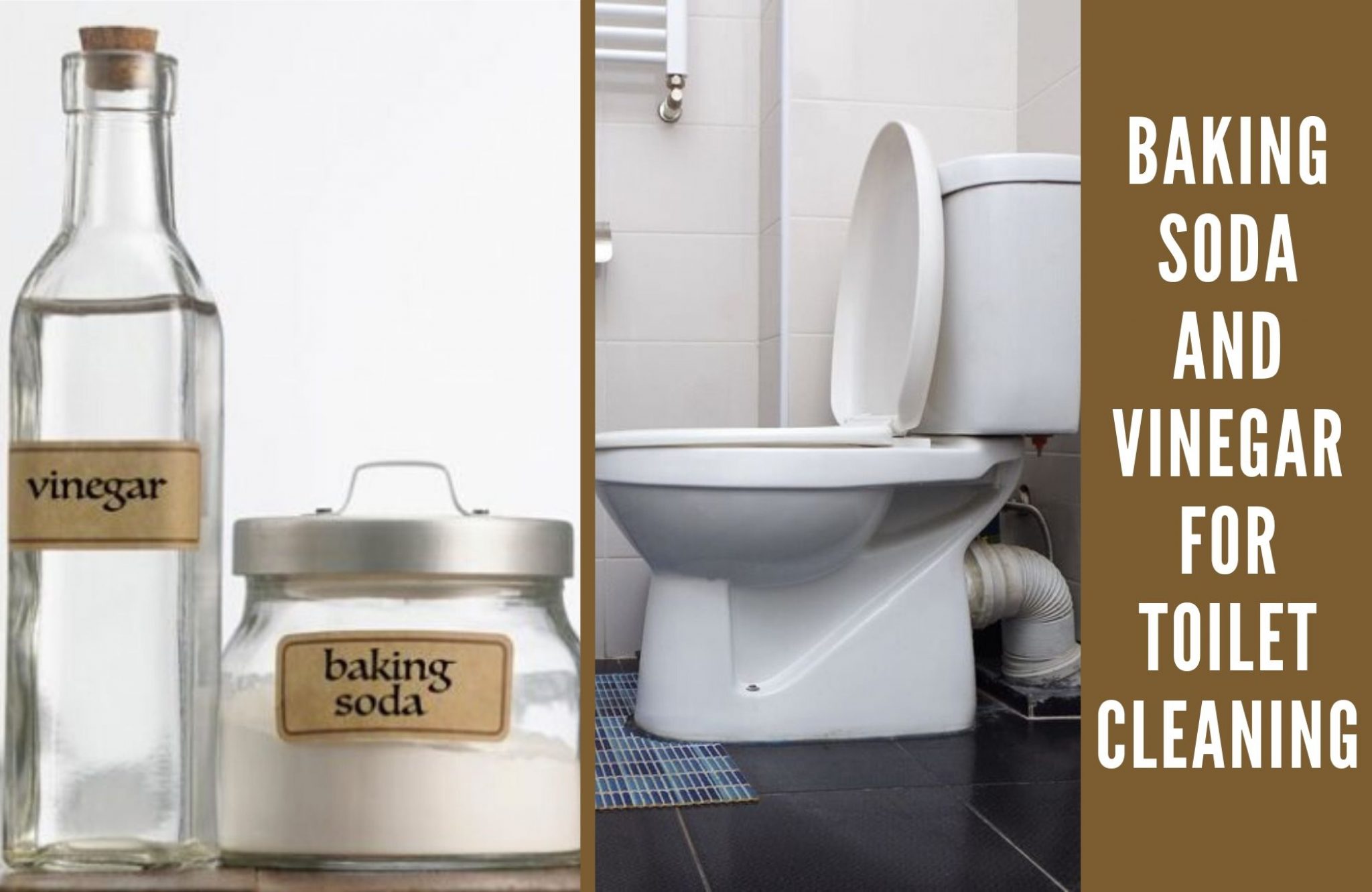

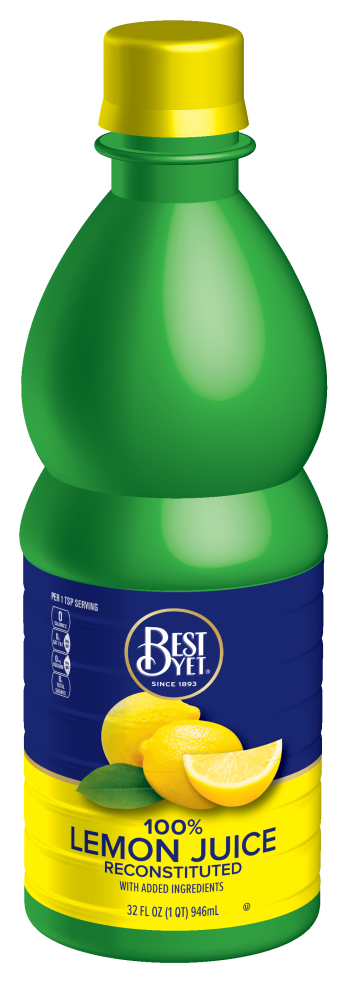

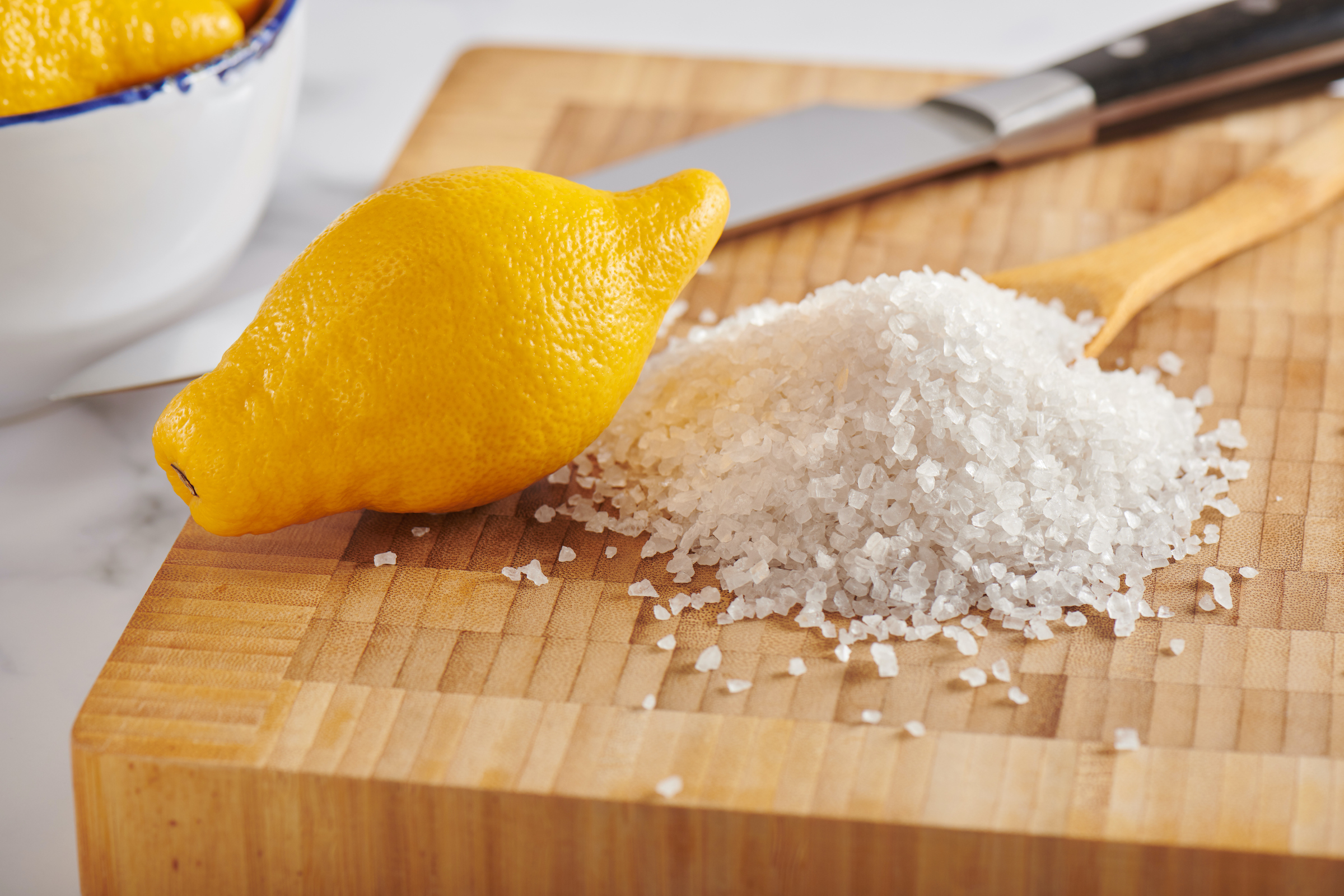
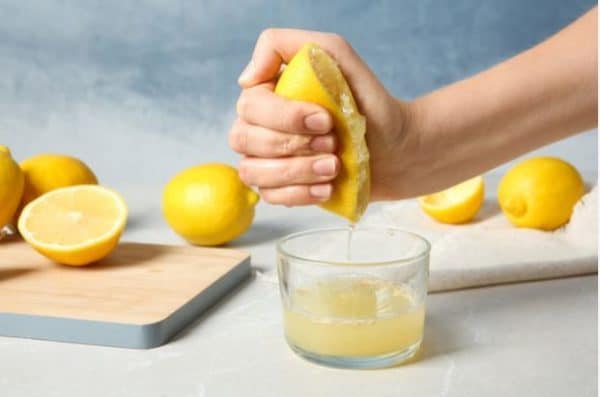

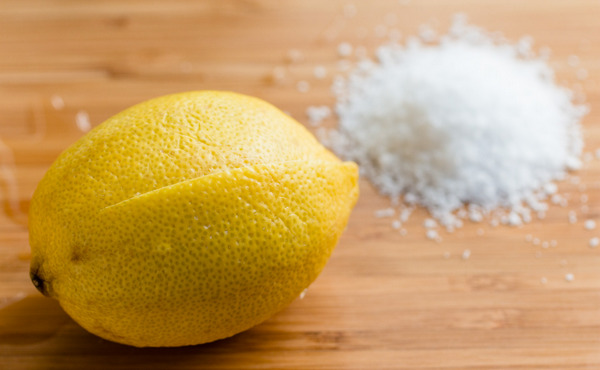



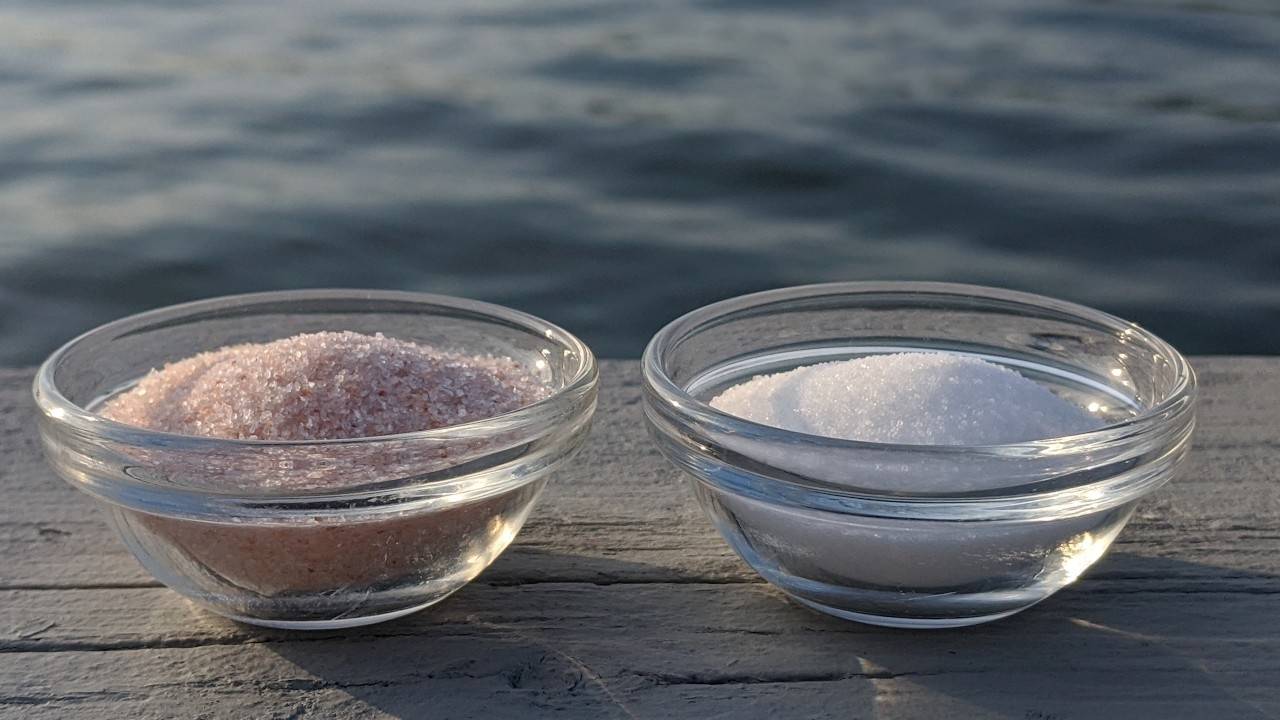
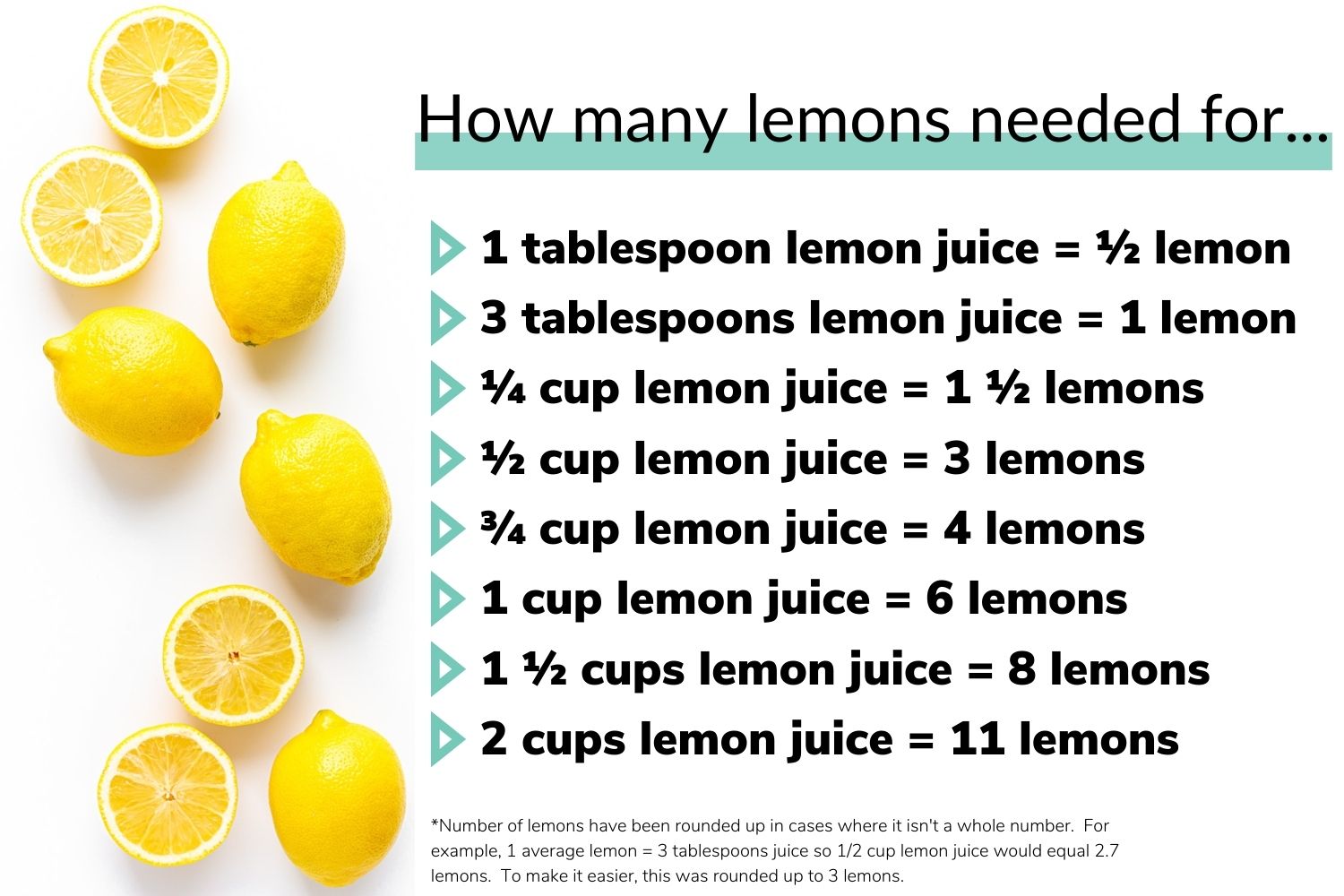
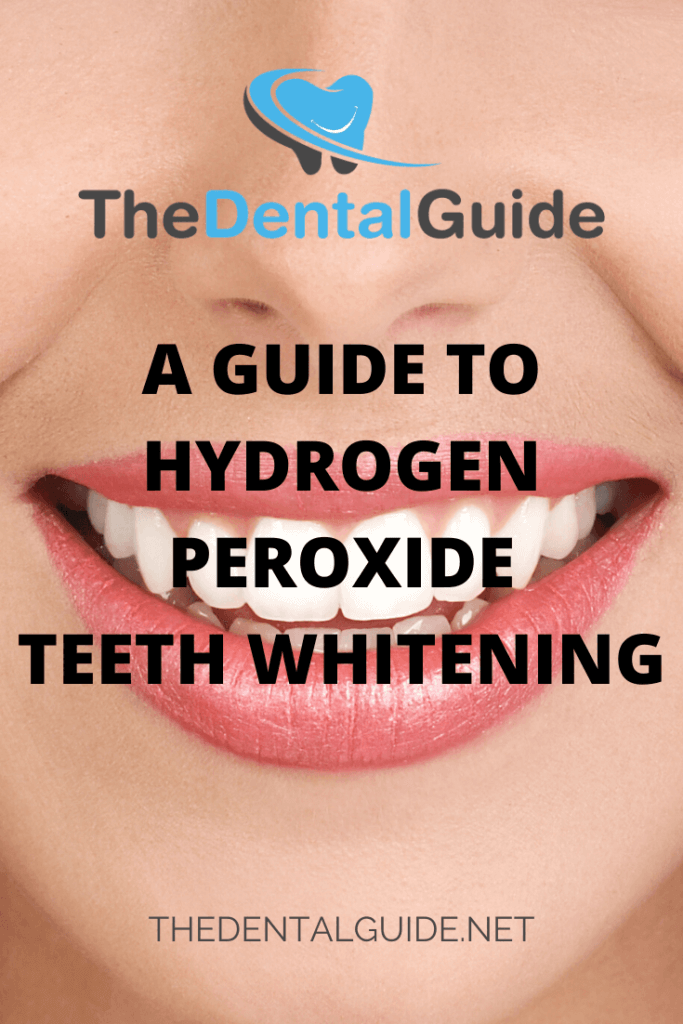





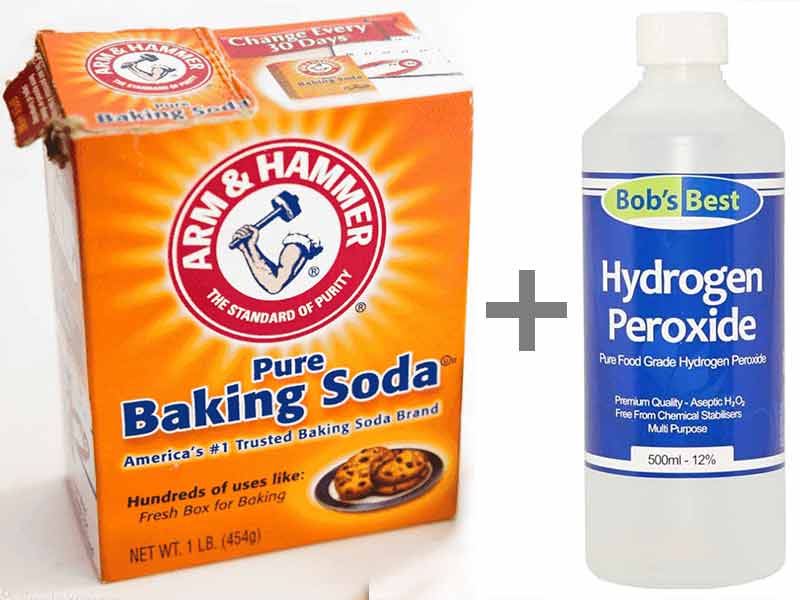
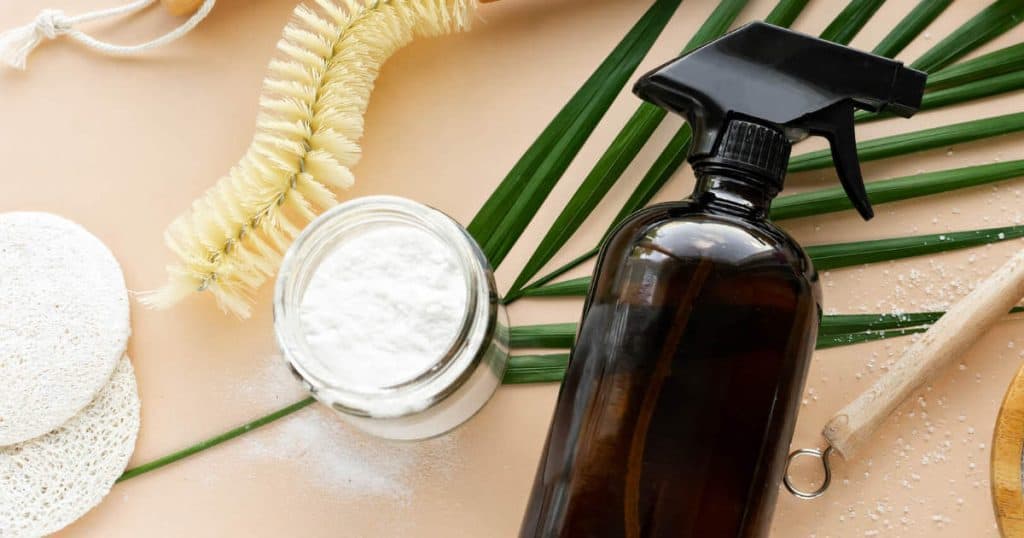





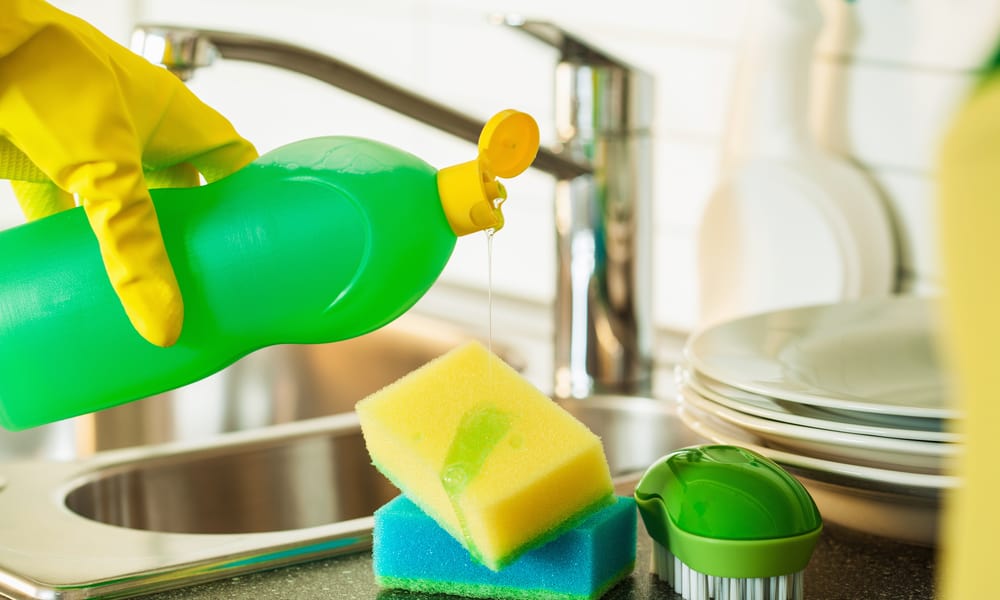
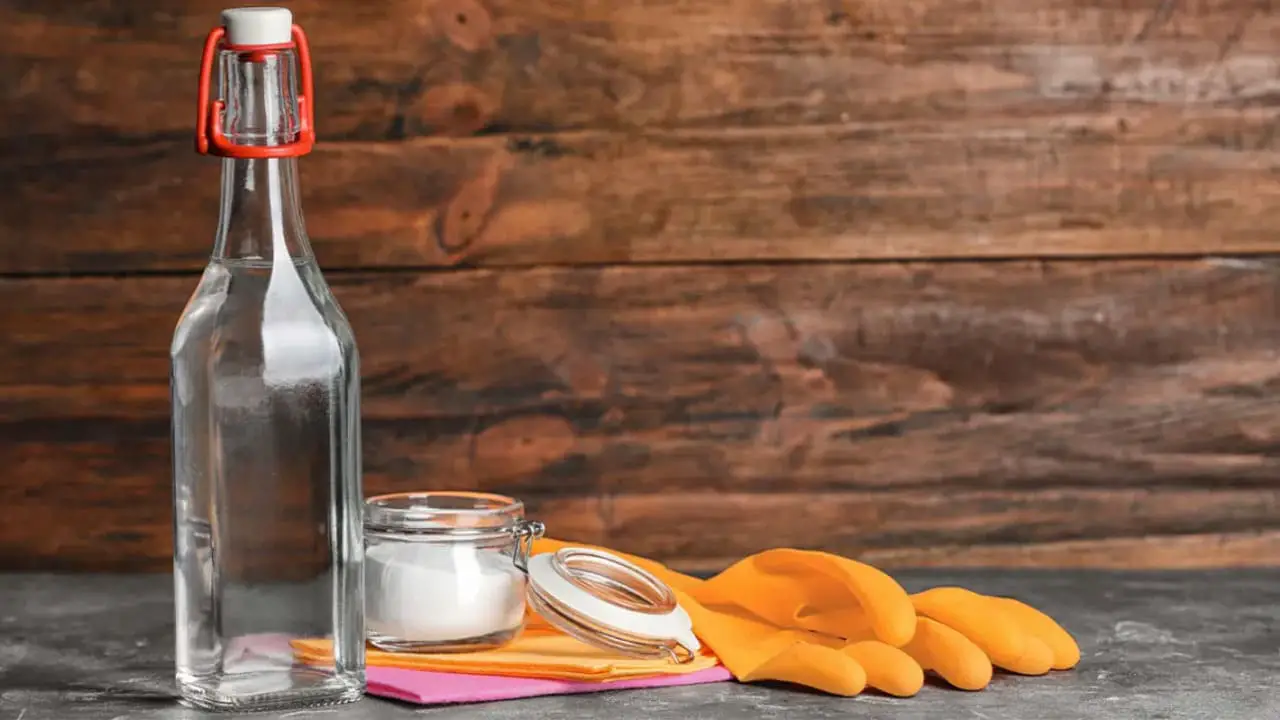










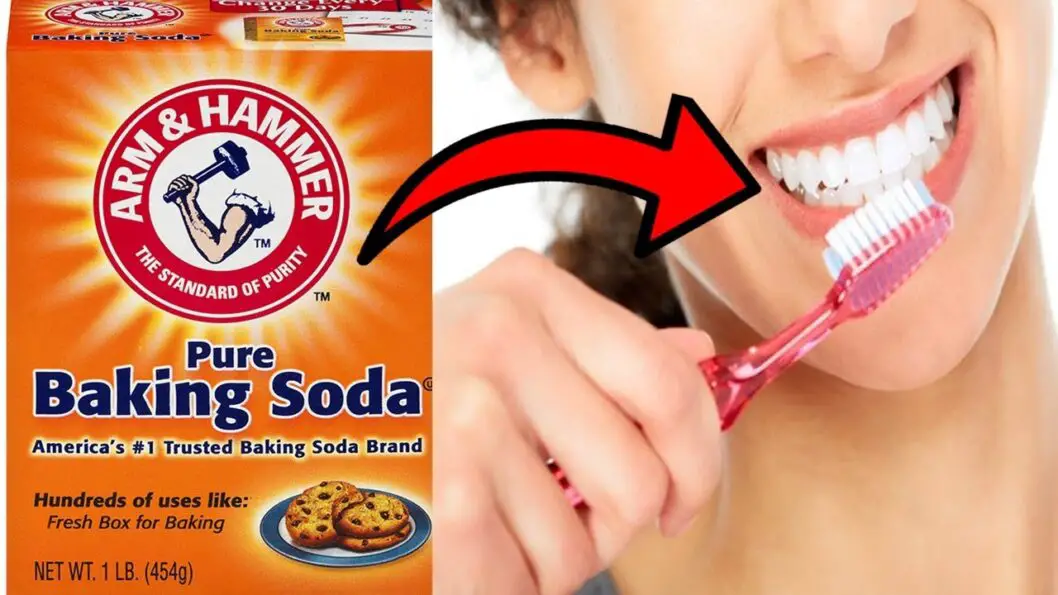


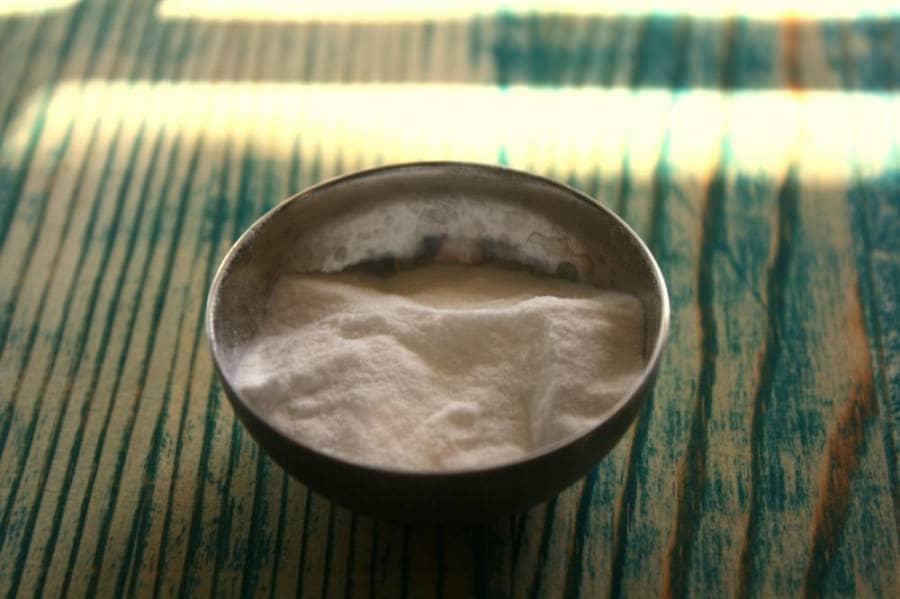
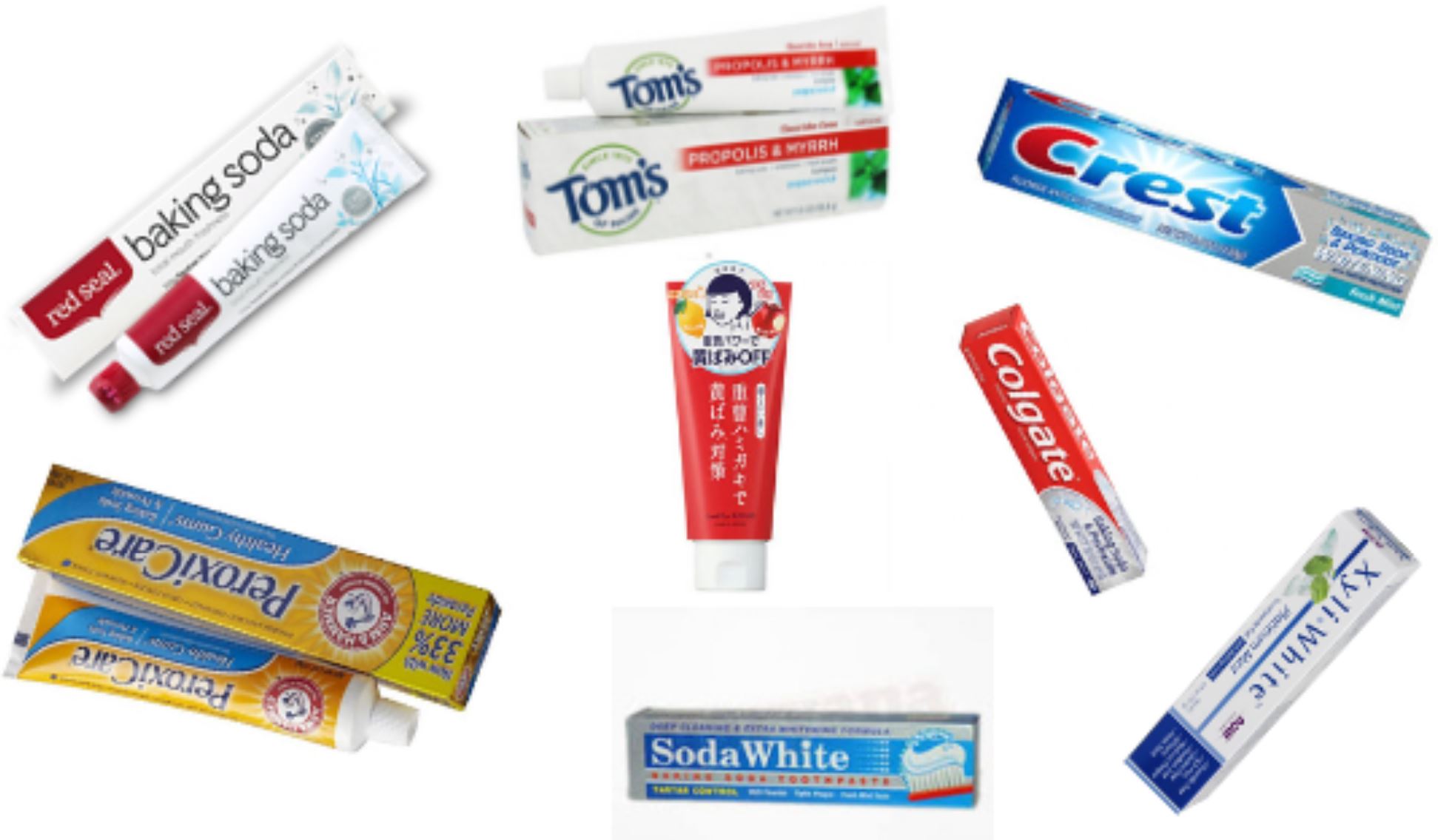



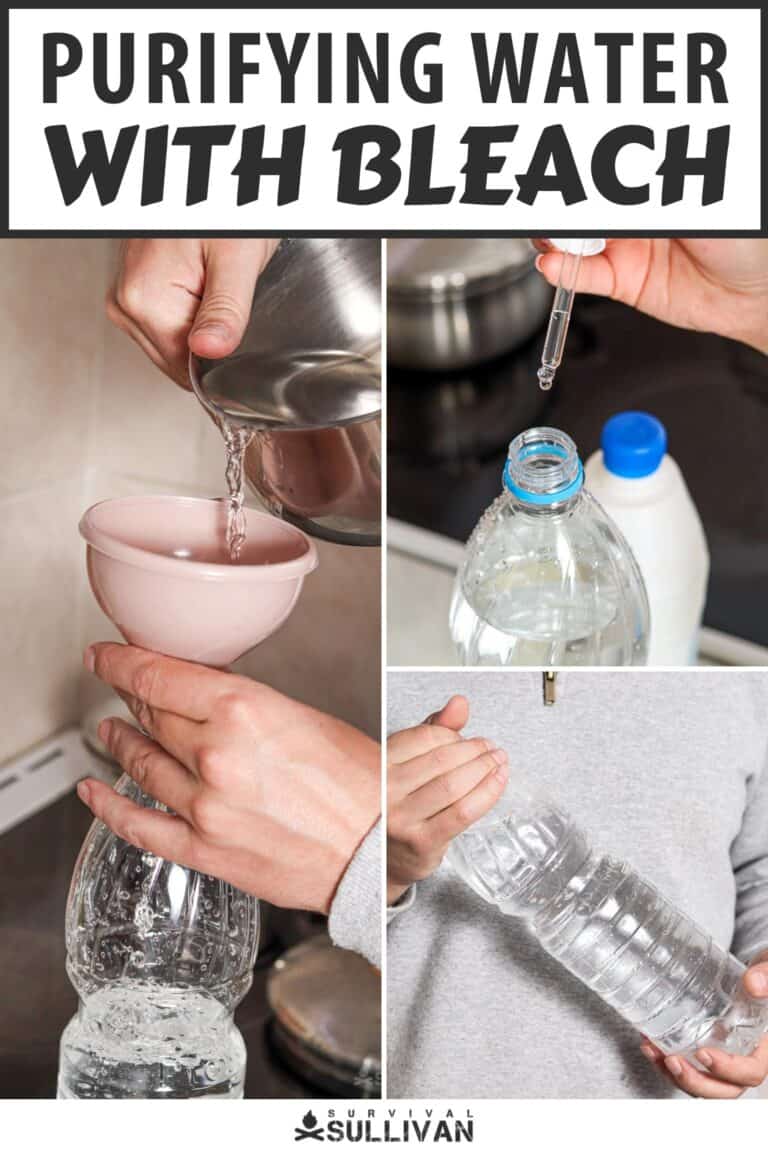
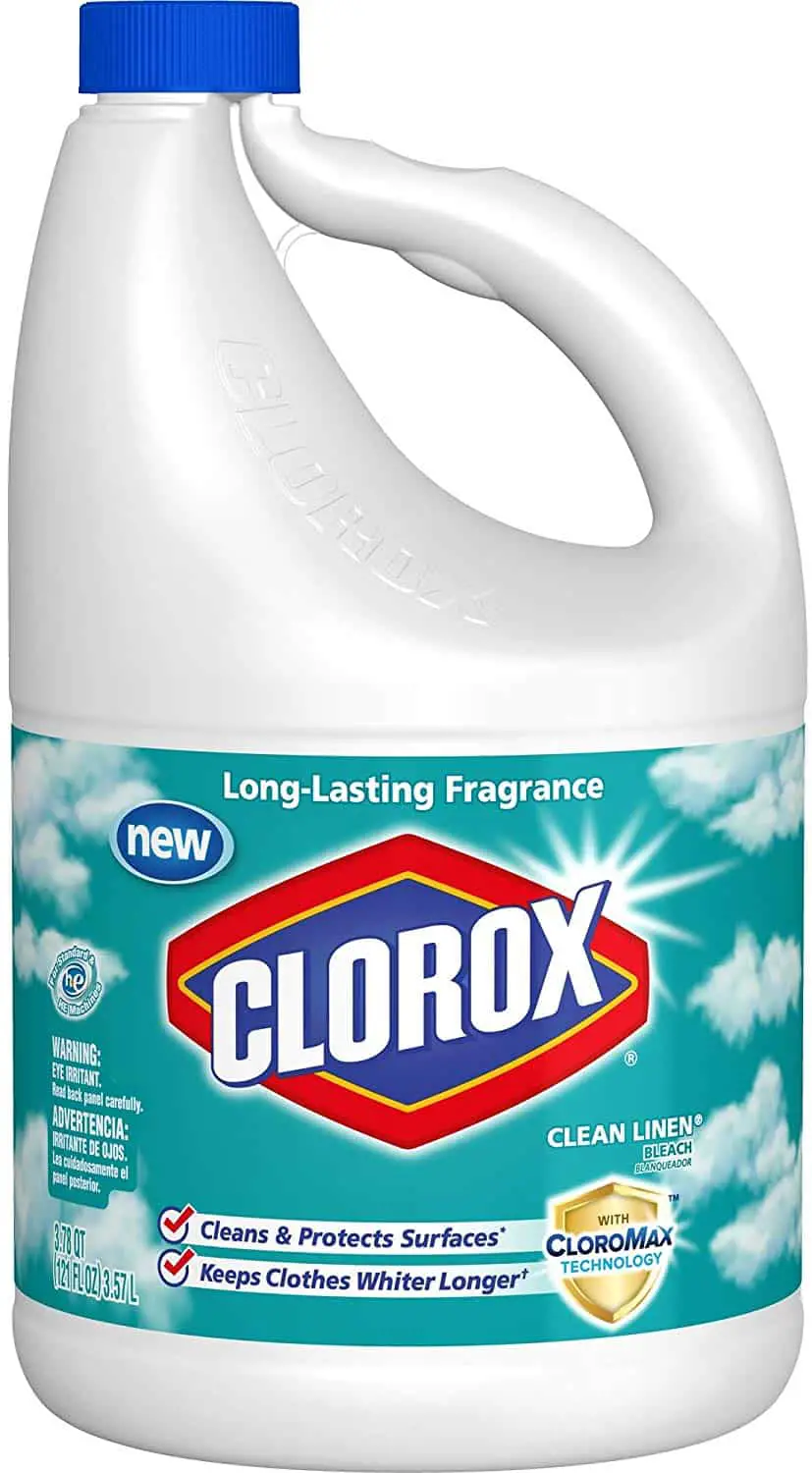

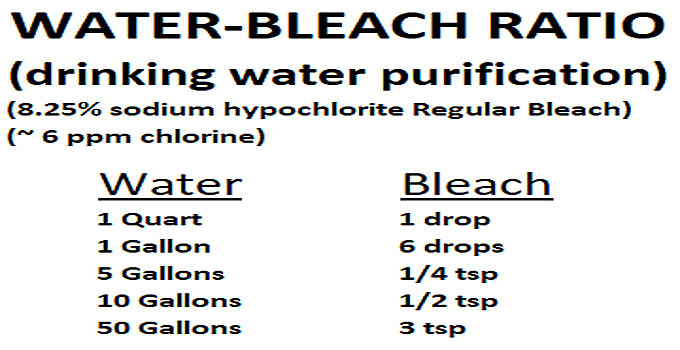



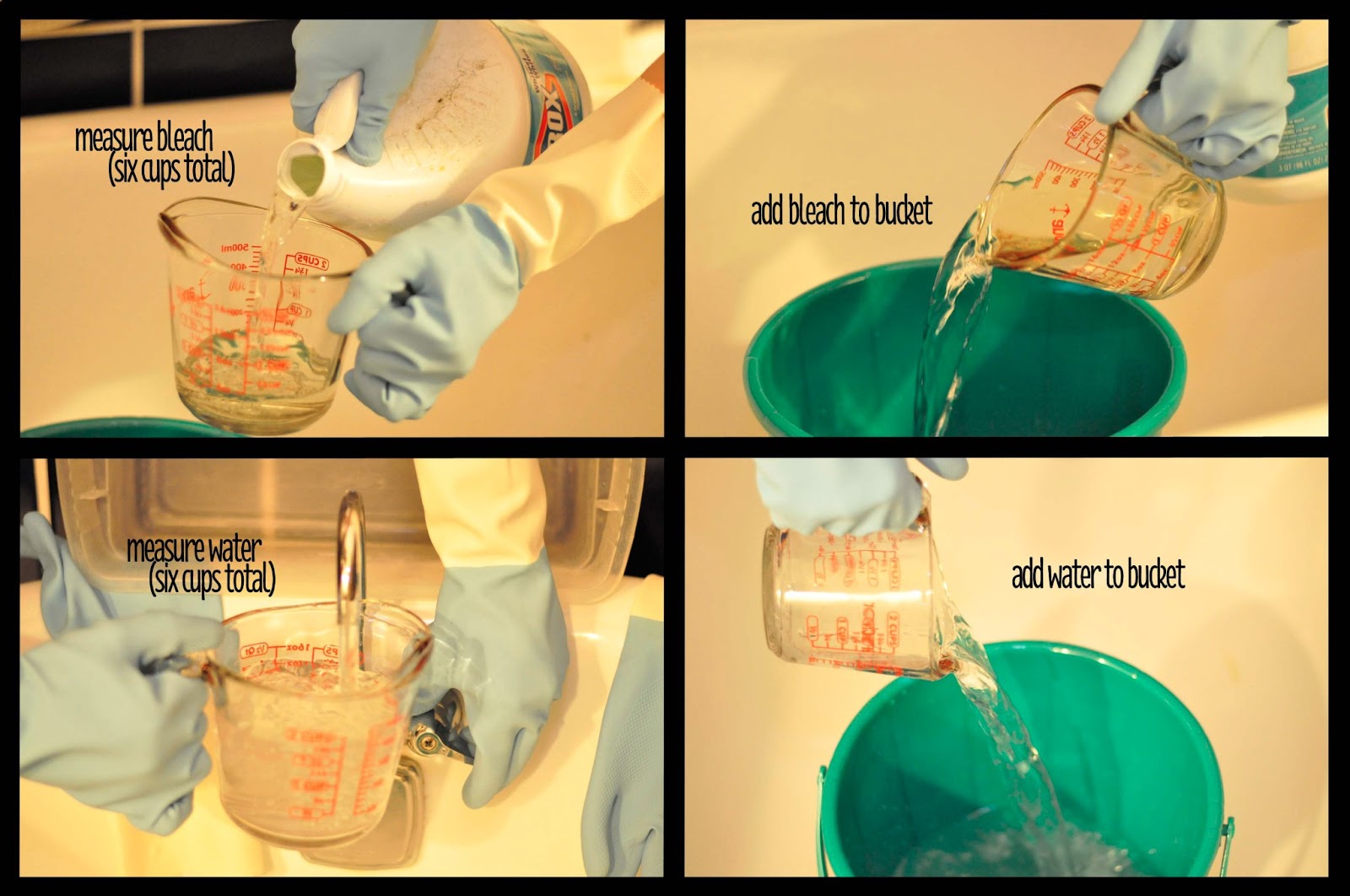

:max_bytes(150000):strip_icc()/better-laundry-results-with-chlorine-bleach-2145786-v7-HL-FINAL-5bfc1b8946e0fb002658eac6-93581e22f97f49288a048f1876e9eef7.png)


